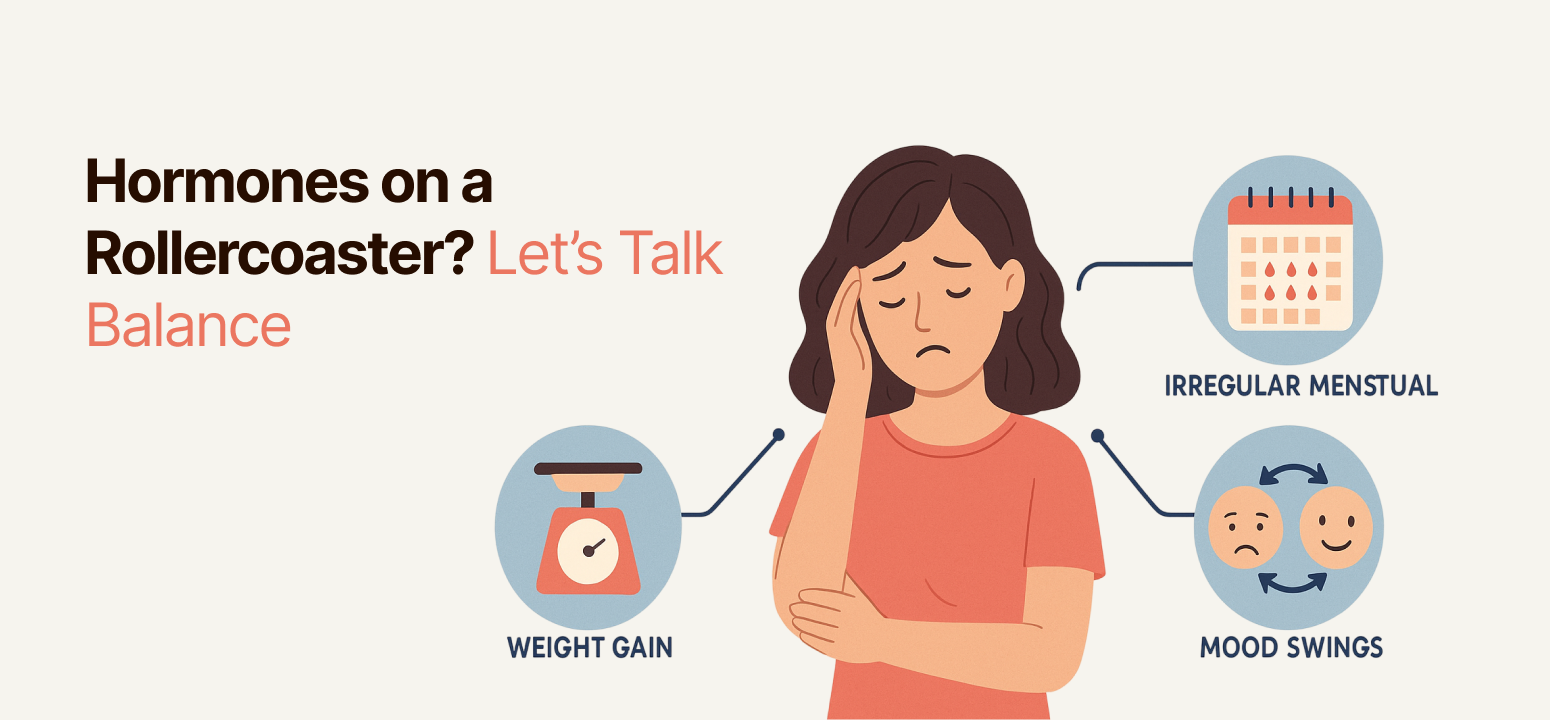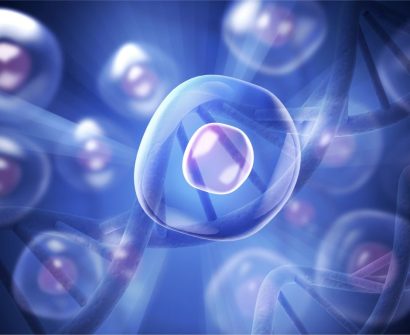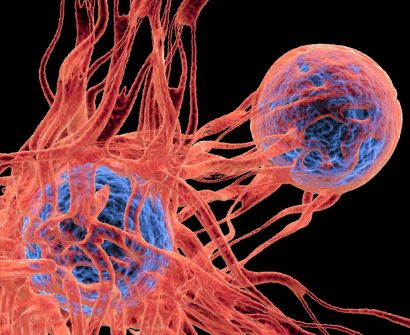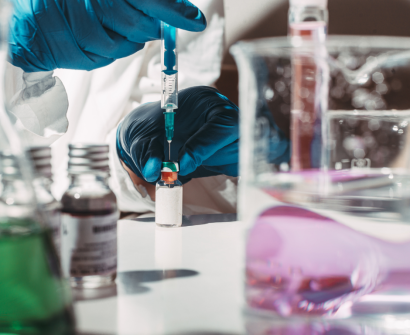
Your body is like a well-run machine. And hormones are its control switches. They may be small in size, but they play a powerful role in how you feel, think, and function every day.
From your sleep cycle to your mood, and your weight to your reproductive health, hormonal balance is key to living well. When your hormones are in sync, your body feels good. But when they’re not, it can feel like a rollercoaster ride you didn’t sign up for.
Let’s explore how hormones work, why balance matters, and what you can do when things go out of sync.
What Are Hormones?
Hormones are chemical messengers. They are produced by glands in your endocrine system. These glands include the thyroid, adrenal glands, pancreas, ovaries in women, and testes in men.
Once released, these hormones travel through your blood. They reach different organs and tissues. They tell your body what to do and when to do it.
For example, insulin tells your body how to manage sugar. Thyroid hormones affect how fast your body uses energy. Estrogen and progesterone manage menstrual cycles and fertility in women. Testosterone handles sex drive and muscle development in men.
Even a tiny shift in your hormone levels can throw your entire system off balance.
Signs of Hormonal Imbalance
When your hormones are off, your body gives you signs. You may not notice them right away. But over time, these symptoms can affect your quality of life.
Common signs include:
- Constant tiredness, even after rest
- Sudden or unexplained weight gain or weight loss
- Mood swings, anxiety, or feeling low
- Irregular or painful menstrual cycles
- Skin problems, like acne or dryness
- Hair thinning or unwanted hair growth
- Poor sleep or insomnia
- Low sex drive
- Digestive issues
- Brain fog or trouble concentrating
Not everyone experiences all of these. Some symptoms may be mild. Others can be more serious. But they all point to one thing — hormonal imbalance.
What Causes Hormonal Imbalance?
There isn’t just one reason behind it. Several factors can disturb your hormonal health:
- Stress – High stress increases cortisol, the stress hormone. Too much of it can affect your sleep, digestion, and mood.
- Unhealthy diet – A poor diet lacking nutrients can disrupt hormone production.
- Lack of physical activity – Being inactive can lead to weight gain and affect hormone levels.
- Medical conditions – Issues like PCOS, thyroid disorders, diabetes, or autoimmune diseases are linked to hormone imbalance.
- Certain medications – Some medicines can interfere with natural hormone production.
- Aging – Hormones change naturally with age, especially during menopause or andropause (male hormone decline).
- Environmental toxins – Chemicals in plastics, cosmetics, and processed foods can affect your endocrine system.
Why Hormonal Balance Is Important
When your hormones are balanced, everything in your body works better. You sleep well, think clearly, and feel energetic.
Here’s how balanced hormones help:
- Improve mood and reduce irritability
- Maintain a healthy metabolism and body weight
- Support fertility and regular menstrual cycles
- Boost libido and sexual health
- Keep your skin, hair, and bones strong
- Improve sleep quality
- Strengthen your immune system
For women, a balance of estrogen, progesterone, and testosterone supports reproductive health and overall well-being. For men, testosterone helps with strength, energy, and mood.
How Is Hormonal Imbalance Diagnosed?
If you notice signs, don’t guess. Get a hormone level test. A doctor may recommend blood tests, urine tests, or saliva tests based on your symptoms.
Tests can check for:
- Thyroid hormones (T3, T4, TSH)
- Estrogen and progesterone
- Testosterone
- Insulin
- Cortisol
- FSH/LH for fertility-related concerns
Early diagnosis helps in finding the right treatment before symptoms get worse.
Treatment Options
Once diagnosed, there are many ways to bring your hormones back to balance.
1. Hormonal Preparations
These are medications that either replace or regulate hormones. For example:
- Thyroid hormone replacement for hypothyroidism
- Insulin for diabetes
- Estrogen/progesterone therapy for menopause
- Hormonal contraceptives for regulating cycles and PCOS
2. Lifestyle Changes
- Eat a balanced, whole-food diet
- Exercise regularly
- Get 7–8 hours of quality sleep
- Reduce stress through yoga, breathing exercises, or meditation
- Avoid toxins and processed food
3. Natural Support
Some people also use herbs, vitamins, or adaptogens. But it’s important to talk to a doctor before starting anything new.
The Role of United Biotech
With decades of expertise, United Biotech Pvt. Ltd., a pioneer pharmaceutical manufacturing company, plays a key role in providing life-changing solutions through advanced hormonal preparations. Our formulations are designed for high precision and consistent results. We supply to leading institutions like AIIMS, PGI, and the Indian Defense, and export to over 60 countries worldwide.
We manufacture high-quality hormonal formulations that are trusted by healthcare providers across the world. These preparations are made under WHO-cGMP guidelines and are known for safety and effectiveness.
For hormonal preparations, we are a production hub for Choriotec (Human Chorionic Gonadotrophin), Danozec (Danazol), Glugon (Glucagon), Otide (Octreotide), Somatin (Somatostatin), T-pressin (Terlipressin), Vasmed (Vasopressin), Noralin (Noralin), Unicalcin (Salmon Calcitonin), D-pressin (Desmopressin), H-cort (Hydrocortisone Sodium Succinate), Stanzol (Stanozolol), Dopress (Dopamine HCL), Bioglandin (Alprostadil (Prostaglandin E1), Estram (Estramustine), and Unistrol (Megestrol).
Our goal is simple — to help patients regain balance, health, and confidence.
Final Words
If you’ve been feeling off — tired, moody, sleepless, or struggling with your weight — it could be your hormones. You don’t have to live with discomfort. Listen to your body. Get tested. Talk to your doctor. And if needed, explore safe, medically-approved hormonal treatments.







